Rare earth no more?
A new generation of automotive electric motor, eliminating the use of rare earths, is the target of a new partnership.
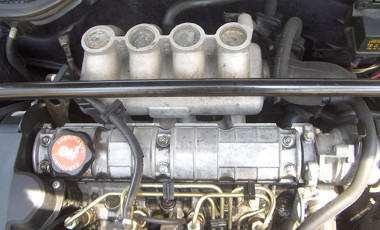
A new generation of automotive electric motor, eliminating the use of rare earths, is the target of a new partnership.
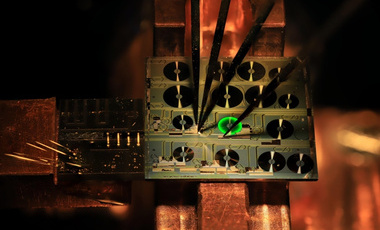
A miniaturised erbium-based fibre laser that fits on a on a silicon-nitride photonic chip has been created by Swiss Federal Institute of Technology Lausanne researchers.
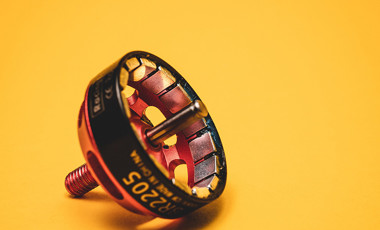
A research and development project into critical minerals recycling will receive £15mln of UK Government funding.
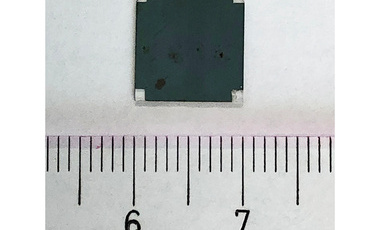
Barium cobalt oxide films could potentially be deployed in high-temperature thermoelectric conversion devices in the next five years.

A technical lecture from MinSouth
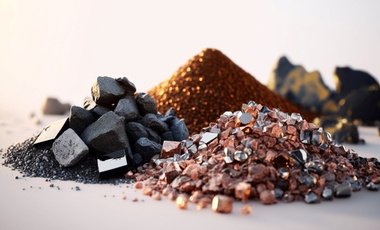
Norwegian mining company Rare Earths Norway have announced largest rare-earth elements deposit in continental Europe.
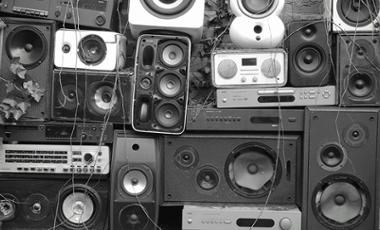
The University of Birmingham, UK, has announced the successful completion of a project demonstrating that the rare earth magnets in loudspeakers can be successfully recycled.
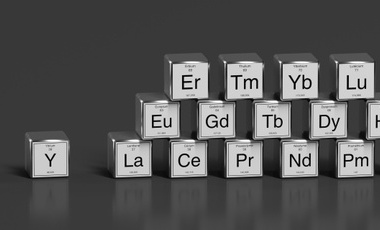
A share of up to £4mln is available from Innovate UK for collaborative R&D projects on circular critical materials supply chains.

Neodymium was captured from electronic waste using tomato peel, sweetcorn, wood pulp and cotton paper.
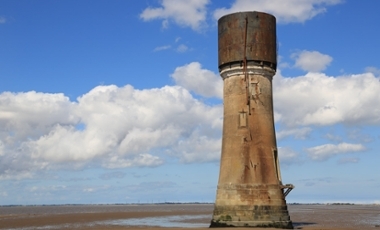
Pensana Rare Earths has submitted the planning application for its rare earth oxide separation facility in the Humber, Yorkshire, UK.
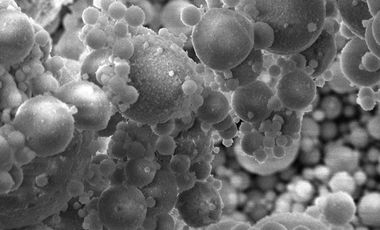
A flash Joule heating developed at the Rice University, USA, could extract valuable rare earth elements (REE) from fly ash, bauxite residue, electronic waste.
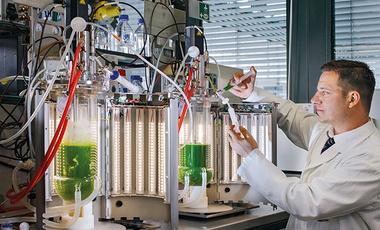
Rare-earth elements (REE) have been recycled from aqueous solutions using cyanobacteria by scientists in Germany.

A multidisciplinary European team has created a 3D model for exploring rare-earth element (REE) deposits.
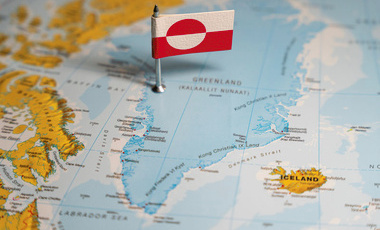
GreenMet, Tanbreez and Critical Metals Corp hope to source more critical minerals for the Western world.

Saltend Chemicals Park, Humber, has been selected as the proposed site for Pensana Rare Earths’ UK processing facility.
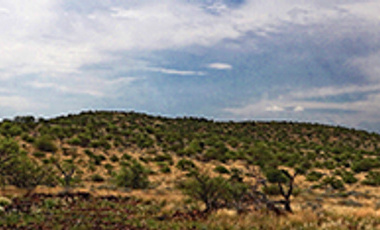
Michael Schwartz profiles three companies looking to compete with China’s rare earth element monopoly.
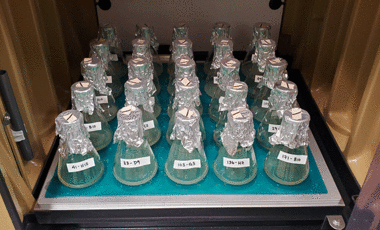
Scientists from Cornell University, USA, are engineering bacteria to extract rare earth elements (REE) – a process that they believe could replace the thermochemical methods currently in use.
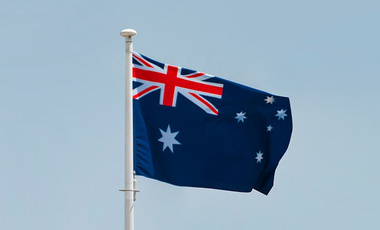
The Australian Government will provide AUS$840mln to set up the combined site operated by mineral exploration company Arafura.

Enzo Satkuru-Granzella, Analyst at Mkango Resources Limited, and Abeshaa Mahendran, Metallurgist at HyProMag, review a novel, rare-earth elements recycling technique using hydrogen.
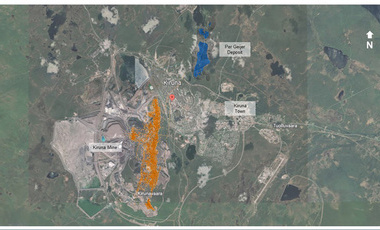
LKAB has identified mineral resources exceeding 1Mt of rare-earth oxides in Kiruna, Sweden